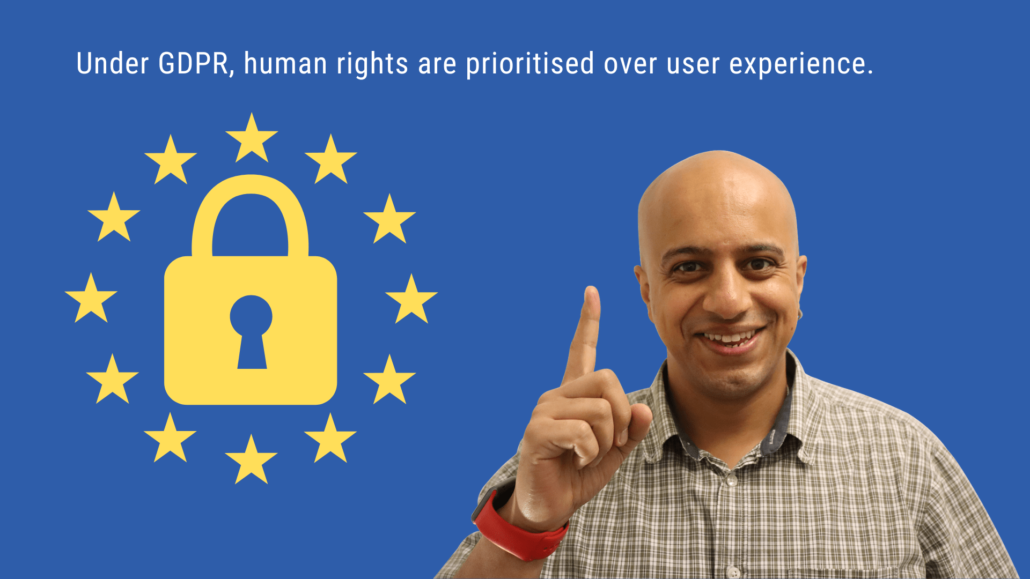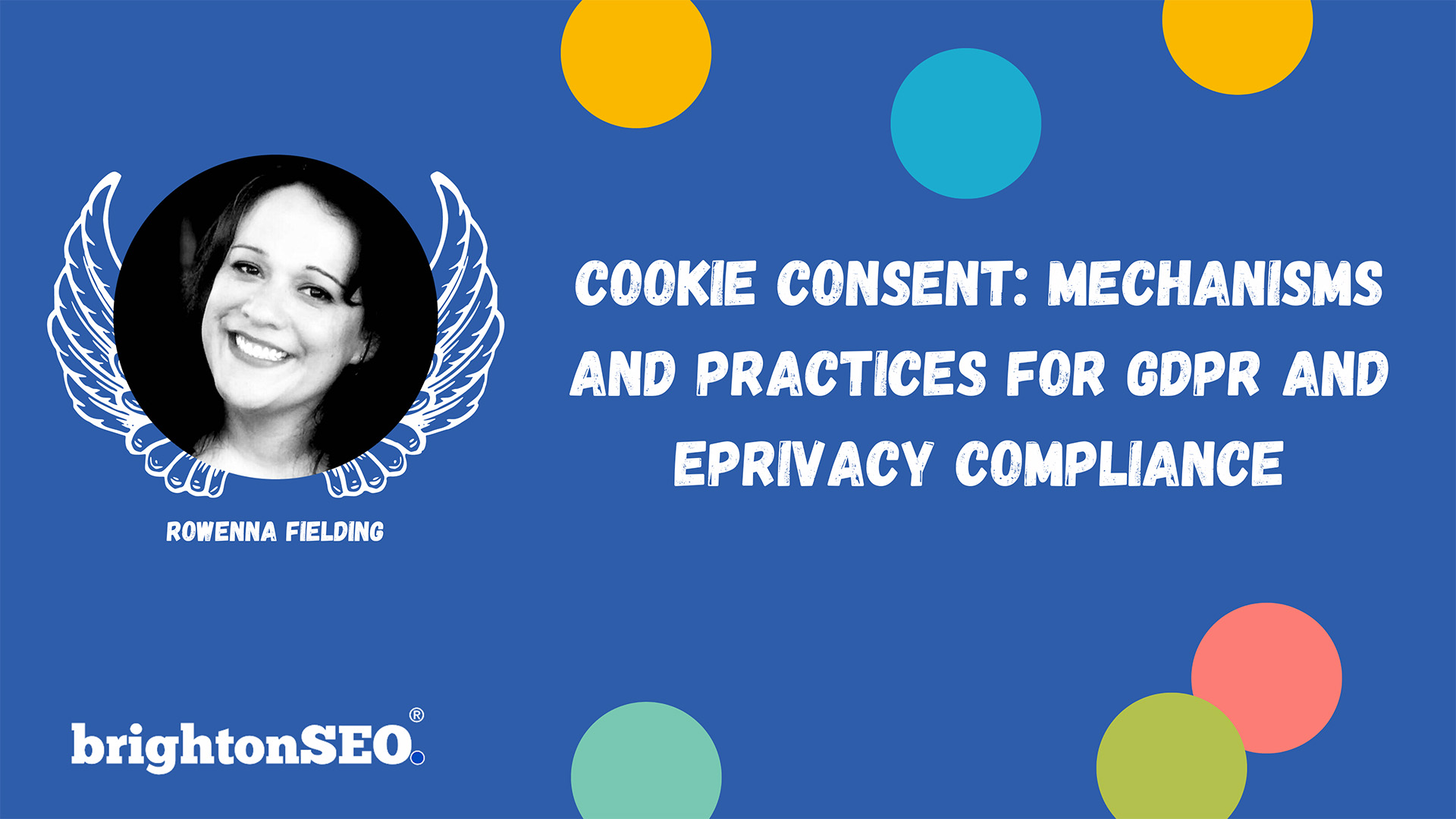Cookie consent has become an increasingly important topic since the introduction of the General Data Protection Regulation (GDPR) and the ePrivacy Directive in the European Union. These regulations require online organisations to obtain informed consent from users before collecting, storing, and using their data. This applies to cookies, which are small text files that track users’ online behaviour and collect data about their preferences, location, and more.
Will all that in mind let’s explore the mechanisms and practices for obtaining cookie consent that are in compliance with the GDPR and ePrivacy Directive.
Mechanisms for Obtaining Cookie Consent
There are several methods for obtaining cookie consent, including:
- Pop-up notifications: This is by far the most common method used to obtain cookie consent. A pop-up notification is displayed to users when they first visit a website, asking them to accept or reject the use of cookies. Visitors can then choose to accept or reject the use of cookies. This method is simple and effective, but it can also be intrusive and annoying for users.
- Cookie banners: A cookie banner is a banner that appears at the bottom of a website, asking users to accept or reject the use of cookies. This method is less intrusive than a pop-up notification and can be designed to blend in with the website’s design.
- In-line notifications: In-line notifications are similar to cookie banners, but they are integrated into the website’s design and appear within the content of the website. This method is less intrusive than pop-up notifications and cookie banners, but it may not be as effective in getting users’ attention.
- Privacy settings: Some websites allow users to control the use of cookies through privacy settings. This method is less intrusive than pop-up notifications and cookie banners, but it requires users to actively seek out the privacy settings and make changes.

Practices for GDPR and ePrivacy Compliance
To ensure compliance with the GDPR and ePrivacy Directive, organisations must follow best practices for obtaining cookie consent, including:
- Transparency: Organisations must be transparent about what data they collect and why. This information should be clearly communicated to users in the cookie consent notice.
- Specific consent: Organisations must obtain specific consent for each category of cookies they use, rather than lumping all cookies into one consent notice.
- Easy to understand language: The cookie consent notice should be written in clear, uncomplicated and straightforward language that is not overly technical.
- Opt-in consent: The default option in the cookie consent notice should be set to ‘no’, requiring users to actively opt-in to the use of cookies.
- User control: Organisations must allow users to control the use of cookies, including the ability to withdraw consent at any time.
- Regular review and update: Organisations must regularly and thoroughly review and update their website cookie consent mechanisms and practices to ensure they are in line with the latest regulations and best practices.
Conclusion
The General Data Protection Regulation and ePrivacy Directive have brought the importance of cookie consent to the forefront of online privacy and data protection. Companies within the Europen Union must take steps to ensure they are obtaining informed consent from users in a manner that is transparent, specific, and last but not least easy to understand.
By following the mechanisms and practices outlined in this article, online businesses can ensure they are in compliance with the GDPR and ePrivacy Directive and protect the privacy rights of their users.
Who is Rowenna Fielding?
For over ten years, Rowenna Fielding has played a pivotal role in implementing data protection legislation in both commercial and non-profit organisations. In 2020, she founded Miss IG Geek Ltd, offering expertise, assistance, education, and guidance on data protection and e-privacy.
People say that even winning the Lottery would not deter Rowenna Fielding from continuing her work in data protection. The combination of technology, societal norms, and human rights within the field continues to captivate her and provides an intriguing challenge.


Leave a Reply